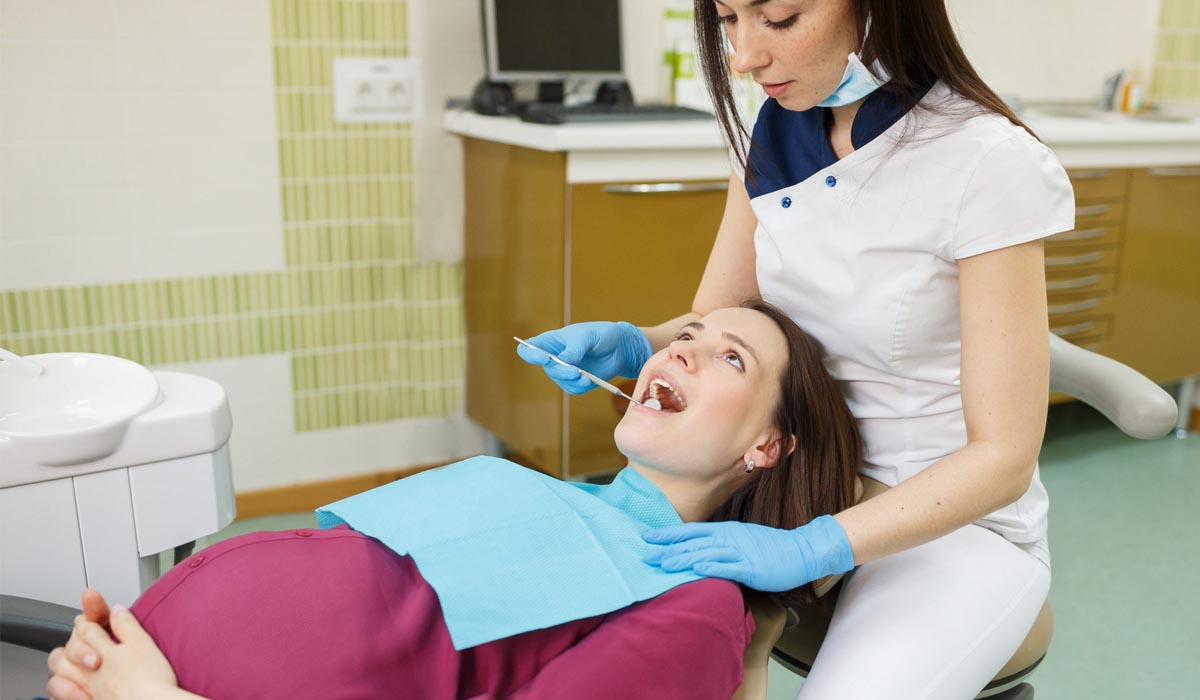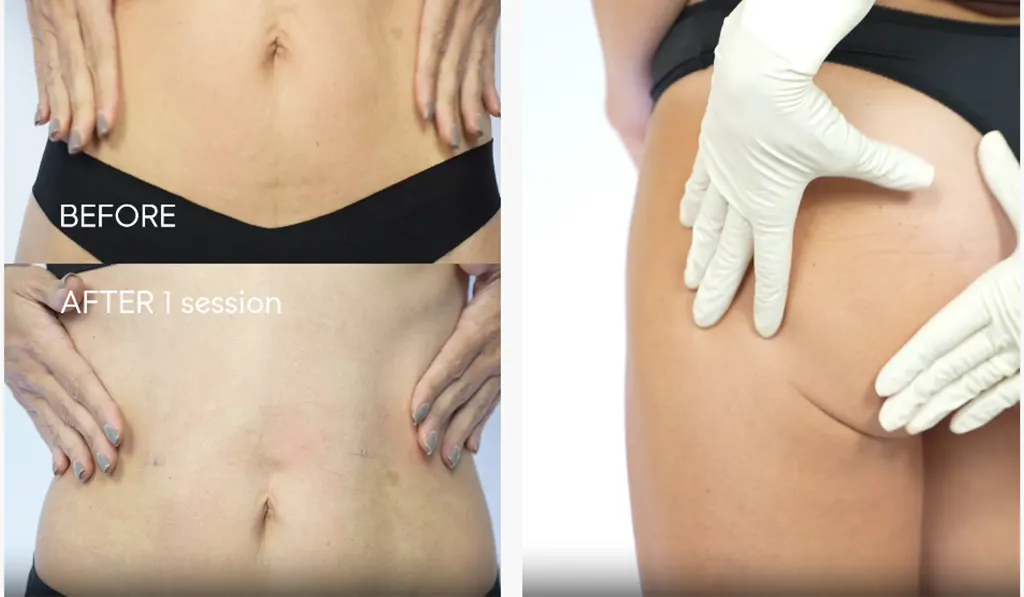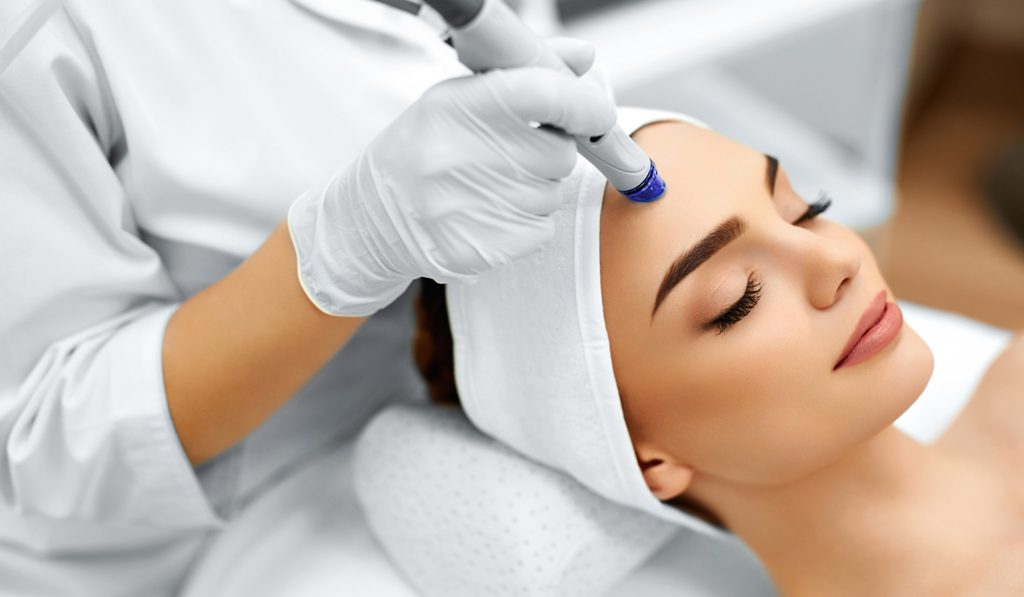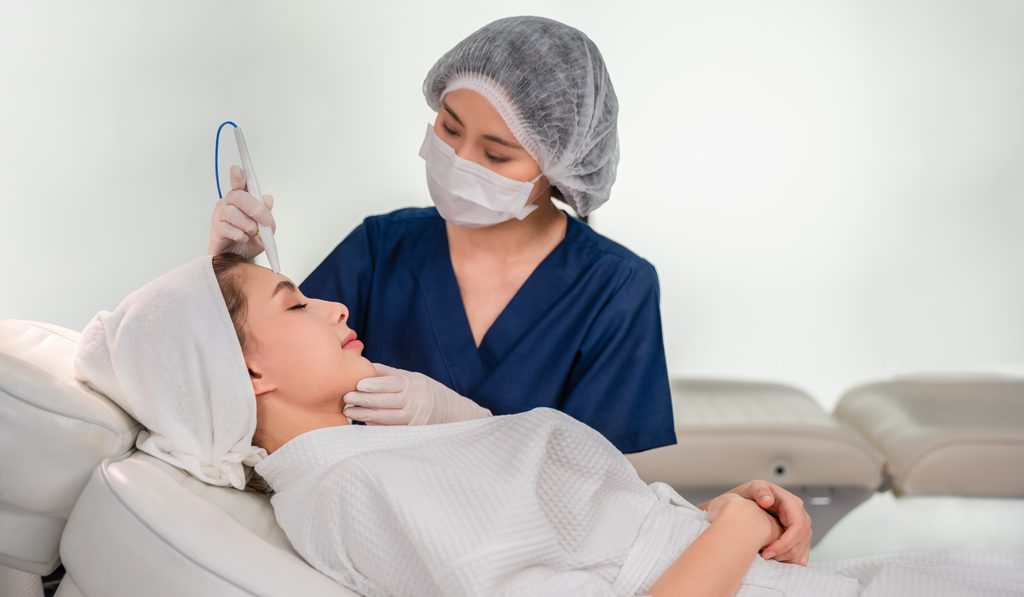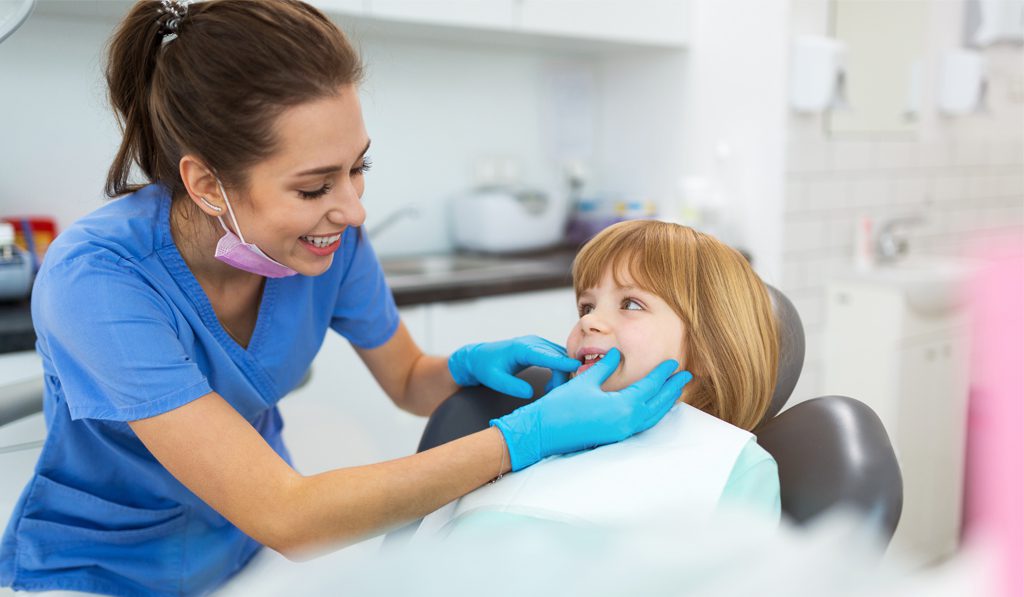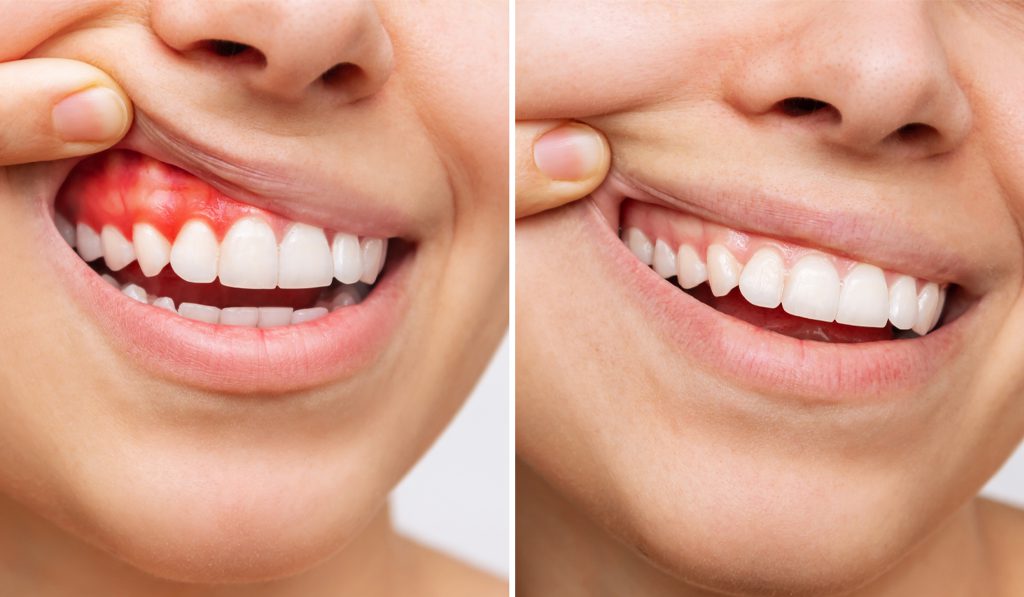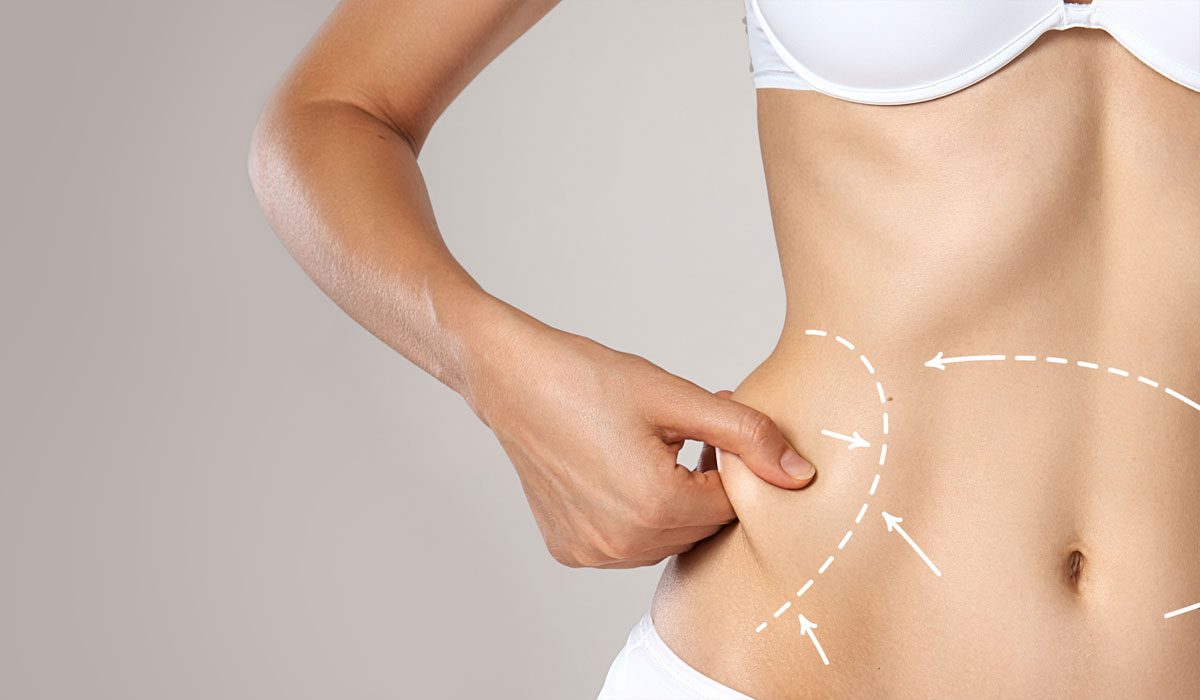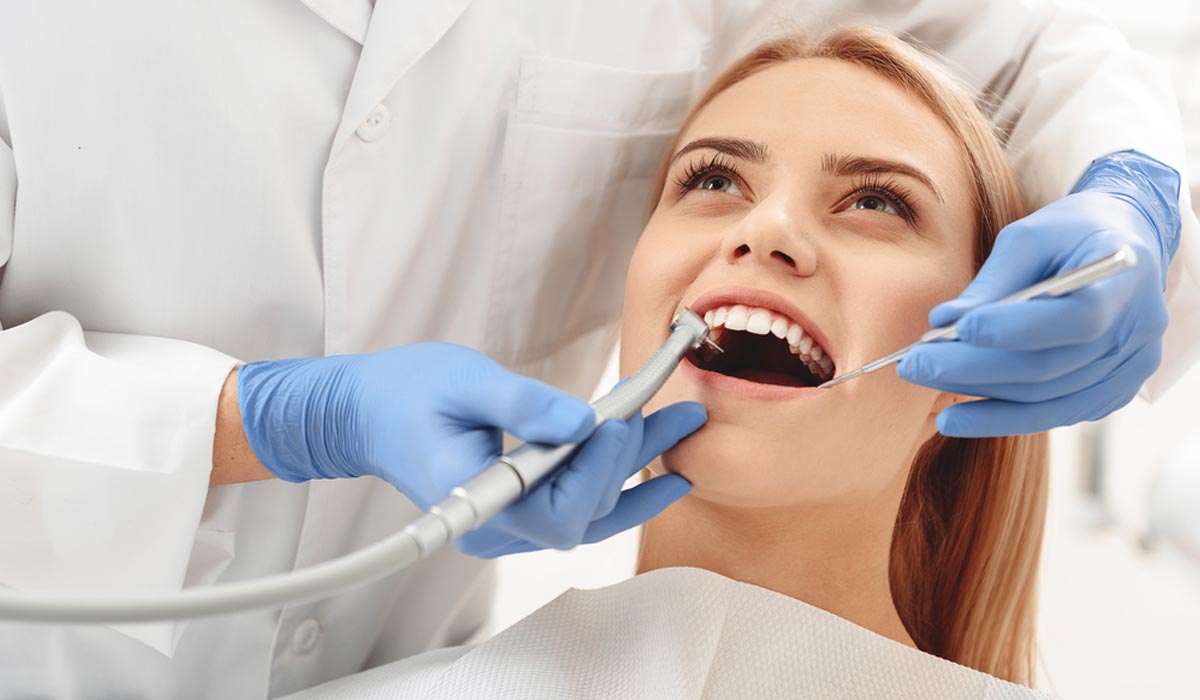Importance of Dental Care during Pregnancy
Pregnancy can be the most blissful period in a woman’s life. However, many women struggle with several health issues, such as morning sickness, swollen feet, headaches, dizziness, high blood pressure, and periodontal disease. Though dental problems are not so common during pregnancy, they are not rare either. Oral care is considered an essential aspect of prenatal care, just like exercising, eating a nutritious diet, and staying stress-free.
If you are expecting or planning to for a baby, you need to understand the dental issues that may occur during pregnancy. Plus, the ways to prevent or get treatment. Let’s begin with understanding the basics of dental health.
What is dental health?
Dental health, which is also called oral health, refers to the overall health of your mouth, teeth, and gums. Your digestion begins in the mouth; thus, it is an integral part of your overall health. When you are pregnant, you are more at risk of developing dental problems. Moreover, taking proper care of your mouth, teeth, and gums can help you have a successful pregnancy and healthy baby.
How does pregnancy affect your dental health?
Pregnancy hormones and lifestyle changes can affect your teeth and gums. Below are the different reasons that may put your oral health at risk during pregnancy:
- During pregnancy, the levels of certain hormones like progesterone and estrogen increase. The hormones lead to problems in the oral area.
- Pregnancy cravings make you eat sugary treats, sometimes at random times. If you are not rinsing your mouth after having these treats, it may affect your teeth and gums.
- The tender gums may restrict you from frequent flossing. Moreover, morning sickness can make you nauseate when you try to brush in the morning.
Some Most Common Oral Problems During Pregnancy
Pregnancy and Periodontal Disease
Gingivitis, an early stage of periodontal disease, is noticed in 60% to 75% of pregnant women. The condition makes gums red and swollen from inflammation, and the reason can be fluctuating hormones during pregnancy. If gingivitis is not treated early, it may severely infect the gums and the bone supporting the teeth. The deterioration of the supporting bones eventually makes teeth lose and require extraction. Periodontitis is also associated with unfavorable pregnancy outcomes such as preterm birth and low birth weight. However, it is still unclear how periodontitis could contribute to worse pregnancy outcomes.
Pregnancy and Dental Cavities
Women with many cavity-causing bacteria in their mouths before and after giving birth run the risk of passing these germs to their unborn child’s mouth. Frequent snacking of sugary treats can cause early exposure to these bacteria and can cause cavities in young children who may later require substantial dental treatment.
- Untreated cavities affect one in every four women of childbearing age.
- Babies with mothers who have high levels of untreated cavities or tooth loss are more likely to get cavities as a child.
Pregnancy Tumors in Mouth
Pregnancy tumors in the mouth are an inflammatory reaction to a local irritation (plaque and food particles). Tumors are rare and occur in up to 10% of pregnant women, especially those who have pregnancy gingivitis.
Tumors are large lumps with deep red pinpoint markings on gum tissues near the upper gum line. The lump can bleed and form a crust and making eating and speaking difficult. They usually occur in the second trimester. Pregnancy tumors are also known as granuloma of pregnancy, pyogenic granuloma, lobular capillary hemangioma, and pregnancy epulis.
Though these red lumps usually disappear after the child’s birth, some may interfere with your eating. For such cases, your ob-gyn or dentist may advise you to remove them. The procedure is done under local anesthesia, and only pregnancy-safe drugs are used.
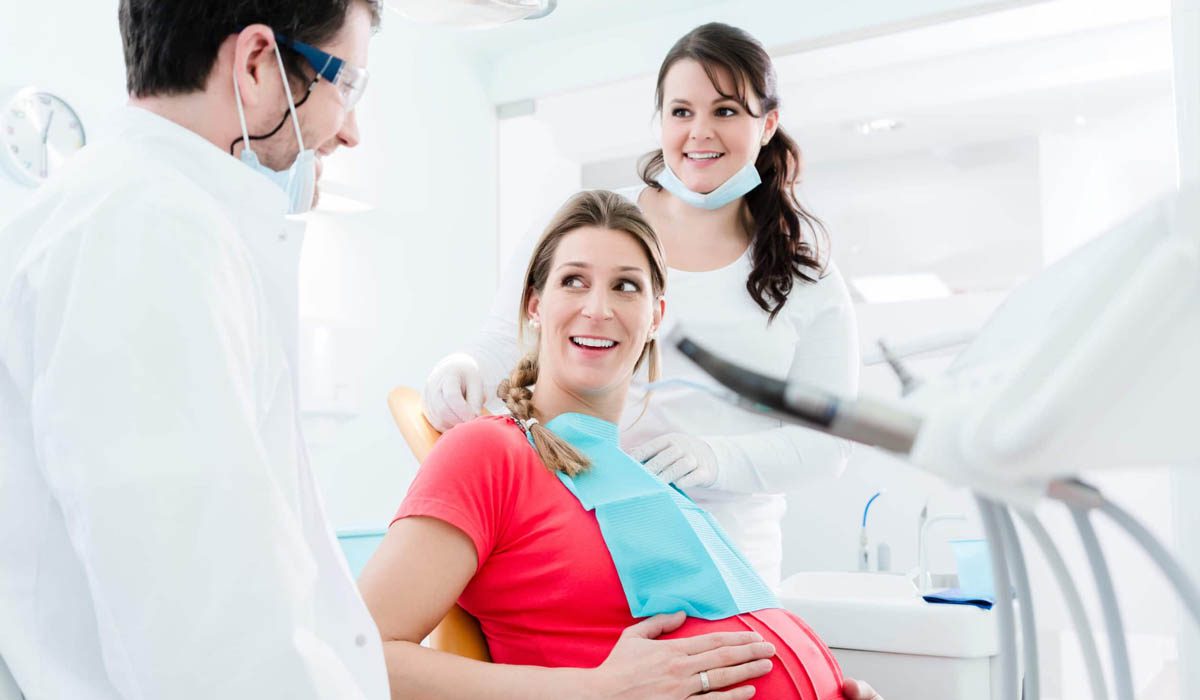
Dental Care During Pregnancy
While you are pregnant, you must take proper care of your teeth and gums. Hormonal changes brought on by pregnancy increase the chance of gum disease, which in turn may impact your unborn child’s health.
You can keep your oral health in good shape before, during, and after pregnancy by following the advice listed below.
- If you are undergoing dental treatment, tell your doctor that you are pregnant. Some procedures are usually not recommended during pregnancy; thus, elective procedures are postponed till childbirth.
- Share with your dentist all the medicines you are taking, including medicines and prenatal vitamins. Based on that, your doctor may alter the procedure or the prescription.
- Though X-rays are prohibited for pregnant women, dental x-rays taken with precaution are safe. The dentist shields the abdomen and the thyroid while taking the x-ray. Compared to past decades, x-ray tests have gone much safer.
- Do not live under the impression that you cannot have dental treatment during pregnancy. If your regular dentist refuses to treat you, ask your ob-gyn to suggest a dentist. Moreover, routine examination of teeth during pregnancy is also essential as it helps to prevent the growth of pregnancy-related dental problems.
- Maintain good oral hygiene by brushing your teeth twice a day and flossing regularly. If your current toothpaste is increasing your nausea, ask your doctor to suggest an alternative brand. You can also use an antimicrobial mouthwash to rinse your mouth, especially after a vomit. Rinse your mouth thoroughly after every meal and snack, even beverages.
Eat Right for Your and Unborn Baby’s Teeth
- Sugar cravings are common during pregnancy. However, frequent snacking on sugar-rich food can develop tooth decay and may also lead to gestational diabetes.
- Your baby’s teeth start developing during the first three months of pregnancy. The baby needs nutrients to form healthy teeth, gums, and bones. Have calcium and mineral-rich diet, including green leafy vegetables, nuts, bananas, and dairy products like cheese, yogurt, and milk. Also, take your prenatal vitamins.
Why 7DMC?
We are a multispecialty clinic with a specialized department for several medical streams. The fully-equipped dental and ob-gyn clinic works in full harmony and can help us detect and treat dental problems in time. Moreover, we also have physiotherapy and a general medicine department, so our pregnant patients get complete care.
Conclusion
Call your dentist or ob-gyn if you experience any indications or symptoms of dental issues. Symptoms such as sore throat or dizziness can indicate tooth decay, and it may not be visible to others but felt by you. Regular dental checkup during pregnancy is also essential. Most ob-gyn clinics offer dental checkups at their partner’s clinic. Do not avoid it as a marketing gimmick. Pregnancy dental problems usually go away after childbirth, but waiting for problems to get worse is not advisable. It affects not only your oral health but also of your unborn child.
References:
https://www.cdc.gov/oralhealth/publications/features/pregnancy-and-oral-health.html
https://www.webmd.com/oral-health/dental-care-pregnancy

